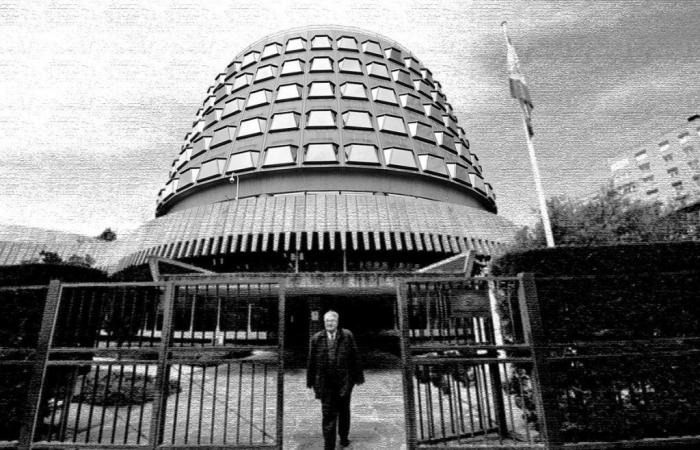Forgive the apparent contradiction of the title above, which is intended only to highlight in a striking way the insurmountable contradiction that occurs today between the most obvious constitutional values (the prohibition of the arbitrariness of public powers, for example) … and the laws that regulate the behavior of the Court in fact and since 2007. And we explain.
When a citizen considers that his or her fundamental rights have been violated by any public power, including the judiciary, the ultimate remedy to obtain reparation is to file an appeal for protection before the Constitutional Court to restore his violated right. In 2007, and seeing that the Court was materially ‘suffocated’ by the number of amparo appeals that were presented, the law was modified in relation to the requirements applicable to the appeals to be admitted for processing and a new requirement was established for This: that the issue raised in the appeal had “special constitutional significance”, an open legal concept whose concurrence the plaintiff had to argue in his appeal as best he could and which (and this is what is relevant) the Court Chamber resolved without giving a reason. nor any explanation, beyond the pure and simple refusal. That is to say, the appellant received a simple ruling from the Court informing him that his appeal was not admissible for study and processing because it had no special constitutional significance. Without further reasoning and explanation, it’s that simple and concise.
Since then, 95% of the appeals for constitutional protection submitted to the Court are rejected from the start for being of no interest and only a few are admitted and processed. Which ones? Experience shows that some are admitted that actually raise a new or significant issue, but above all, those that are politically relevant to the Government due to their social relevance –even if they lack constitutional interest– and those that the Court wishes to resolve ‘to show off’. For example, no one doubted that the Andalusian ERE case would be admitted because it was of interest to high spheres, even though legally it was just another criminal matter, one of interpretation of ordinary law.
Now, the transcendental issue is not in the venality of the Court when it comes to admitting what it wants, but in the total lack of concrete justification with which it rejects 95% of the appeals: “it is not appropriate”, and run. The total absence of justification or concrete justification for a decision, judicial or administrative, is a constitutional vice because it results in pure arbitrariness, and the Court would not tolerate it to any inferior power. But he himself, the guardian of the Constitution, uses it freely in hundreds of cases a year. That is why we say: is the behavior of the Constitutional Court constitutional?
And the thing does not end here. Because as the case of the ERE shows and the conviction of the Court and the Supreme Court that the Constitutional Court reviews in amparo, what this Court does is purely and simply reexamine the legal interpretation that the ordinary courts have made about the crime of prevarication of the Code Penal. With the simple and silly premise that whenever someone is convicted without reason their fundamental rights are being violated, the Court reexamines the case and its facts, reviews the interpretation of the Penal Code made by the court of first instance and cassation, and concludes: The law was misinterpreted, because it seems that way to me, and then I annul the sentence for violation of a fundamental right. And period.
But, of course, it happens that the interpretation of the facts and the applicable legal norms is not a function of the Constitutional Court but of the ordinary courts, which enjoy freedom of judgment for this purpose. A freedom that the Constitutional Court cannot review (unless it is patently insufficient or absurd) saying that there is another interpretation that it likes more and that is why it should have been applied. It is not its function, we insist, because in this way the Court – which is only “of guarantees” – becomes a trial court, a court of the substance of the matter. It invades other people’s functions and disregards the orderly constitutional distribution of functions.
It is unfortunate to note, but it happens that, today, the Constitutional Court in matters of fundamental rights has become an arbitrary body that dispenses justice according to its whim. Like Solomon. Because arbitrariness can be materially fair, yes, but never constitutional.






